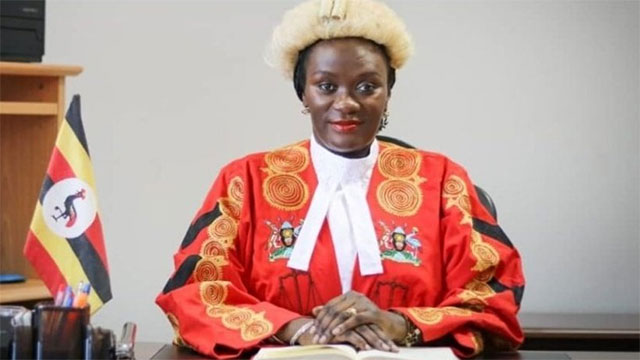The government of Uganda has officially extended the application of the Transfer of Convicted Offenders Act to the United Kingdom.
The decision, formalized through a statutory instrument signed by the Minister of Justice and Constitutional Affairs, Norbert Mao, on April 3, 2025, and gazetted on April 14, opens the door for convicted persons to be transferred between Uganda and the UK to serve out their sentences in their home countries.
The Transfer of Convicted Offenders (Application of Act to the United Kingdom) Instrument, Statutory Instrument No. 37 of 2025, is seen as a step toward strengthening Uganda’s legal integration with Commonwealth nations. Under the act, both Ugandan and British nationals convicted of crimes can, under mutual consent and legal parameters, be relocated to complete their prison terms in their respective countries.
While the statutory instrument was framed as a broad legal update, legal insiders and observers suggest the timing may not be coincidental. Sources privy to discussions in legal and diplomatic circles, speaking on condition of anonymity, claim the move may have been fast-tracked to facilitate the potential return of Ugandan High Court Judge, Lady Justice Lydia Mugambe, who was recently convicted by Oxford Crown Court in the UK.
On March 13, 2025, Justice Mugambe was found guilty on four counts, including trafficking a Ugandan woman to the UK under false pretenses, forced labor, immigration violations, and conspiracy to intimidate a witness. Despite denying all charges, the 49-year-old judge now awaits sentencing scheduled for May 2. Her case has ignited intense debate both in Uganda and abroad, with some legal commentators alleging the judge was set up or blackmailed, while others believe her conviction signals a sobering accountability moment.
Ministry of Justice and Constitutional Affairs spokesperson Simon Peter Jamba confirmed the validity of the statutory instrument but declined to discuss its possible connection to Justice Mugambe’s case, stating only that “the law was enacted to enhance justice, and its application is not case-specific.”
The Transfer of Convicted Offenders Act (Cap 134), under which this development falls, was originally designed to ease the burden on convicts and their families by allowing them to serve prison terms in their home countries, where language, culture, and familial support systems are accessible. Until now, however, Uganda had not formally extended this provision to include the UK a key partner in its legal and diplomatic relationships.
As speculation continues around the circumstances of Justice Mugambe’s trial and the implications of her potential return to Uganda, the spotlight now turns to how this new legal framework will be applied—and whether it marks a genuine commitment to justice reform or a strategic intervention in a politically sensitive case.







